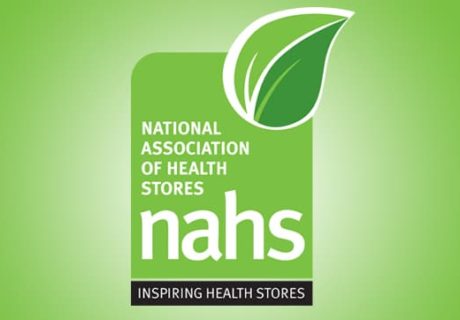The coronavirus pandemic is leading to a boost in demand for organic and sustainable foods, reports Ecovia Intelligence.
The London-based analyst says retailers across the globe are experiencing hefty sales increases for organic products and expects the sales surge to continue in the coming years.
Demand surge
Online retailers are reporting the highest sales growth. Whole Foods Market, the world’s largest natural food retailer, has started limiting the number of its online grocery customers because of unprecedented demand. In the UK, veg box specialist Abel & Cole reported a 25% increase in sales orders, while national rival Riverford is reporting a demand surge. Nourish Organic, an Indian online retailer, experienced a 30% rise in sales in March.
But bricks and mortar retailers are also benefiting from emergency measures introduced by various governments, Ecovia Intelligence says. It points out that organic and health food shops have remained open in many countries – and are they attracting new shoppers, whilst existing customers are spending more. In France, some organic food shops are reporting sales increases of over 40%.
COVID-19 is also shown to be raising consumer awareness of the relationship between nutrition and health. Consumers are buying more organic and healthy foods as they look to boost their personal immunity.
Supply chain challenges
The surge in demand is however bringing supply issues. The organic food industry is now global with international supply networks that are coming under pressure. Many of the raw materials used by European and North American organic food companies are produced in Asia, Latin America and Africa. Lockdowns are disrupting supply chains. For instance, India is a major source of organic tea, herbs, spices and related ingredients. Emergency measures introduced in March have halted food processing and exports.
Ecovia Intelligence expects demand for organic & sustainable foods to remain strong after consumer fears subside. It notes that previous food and health scares caused an initial sales spike followed by sustained demand for organic products. It cites the the BSE crisis in 2000, which escalated demand for organic meat products in Europe, but which also led to sustained sales growth. Similarly, SARS led to a spike in demand for organic foods in China (and Asia) in 2004. The melamine scandal in 2008 bolstered demand for organic baby food in China. Within a few years, the Chinese market for organic infant formula became the largest in the world.





